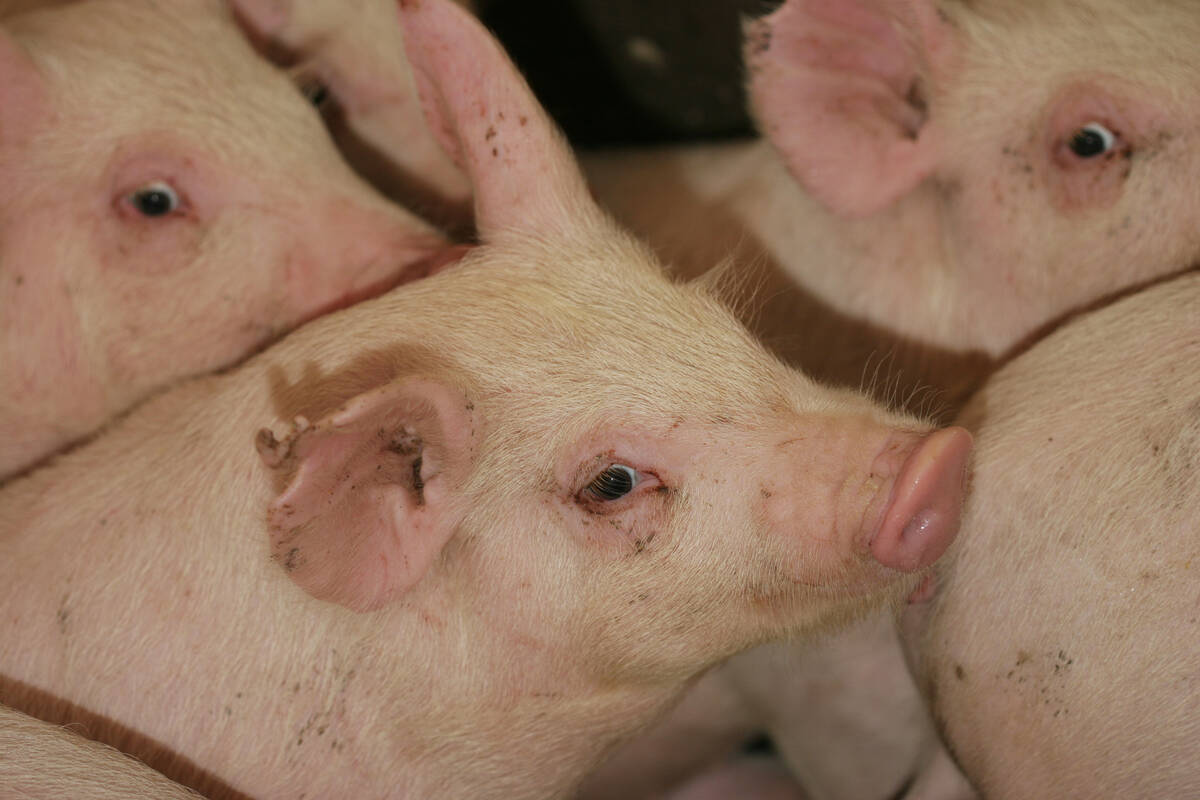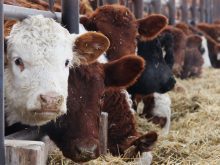Sperm suffers when too little semen is used to service too many sows.
The problem isn’t too few sperm per shot of semen, says an artificial insemination supply company. Instead, it’s the loss of important compounds in the seminal fluid that keep the sperm alive.
The company, Minitube Canada, believes it has found a magic, antioxidant bullet that solves the problem.
“It’s one thing that worked far and above anything else we tested,” company spokesperson Jim Ward said in an interview during Manitoba’s Hog and Poultry Days.
Read Also

The Western Producer Livestock Report – September 25, 2025
The U.S. national live price average for barrows and gilts was $81.21 Sept. 17. It was $78.37 Sept. 9. U.S. hogs averaged $106.71 on a carcass basis Sept. 17, up from $106.10 Sept. 9.
A recent Midwest U.S. test of the antioxidant semen extender produced an average of one extra pig born alive per year per sow, Ward said, compared to sows that did not receive the antioxidant.
Human health promoters have long claimed that antioxidants are key constituents in healthy human diets because they stop living cells from dying or becoming damaged.
Antioxidants are in food consumed by living beings and are naturally produced by people and animals. Vitamins A, C and E are considered to be antioxidants, as are minerals such as zinc and selenium.
There is a big debate in human health circles about whether antioxidants truly improve human health when consumed, but results in animals are easier to achieve because of more relaxed ethical guidelines and easier to control circumstances.
While Ward would not reveal the specific antioxidant that appears to have had the positive effect, the reason it works is obvious.
A single ejaculation from a boar generally contains 60 to 100 billion sperm cells. That’ s far more than the three billion sperm cells required to impregnate a sow.
However, when semen is spread into smaller packages of sperm, the seminal fluid is also spread out.
Ward said that fluid contains antioxidants produced by pigs’ prostate, epididemis and other glands that are watered down by semen extenders used to add liquid volume to raw semen.
“When we dilute the semen, we are diluting the (antioxidant) effect, because we are spreading these antioxidants thinner and thinner across more doses of semen.”
Minitube’s extender replaces natural antioxidants with something not naturally occurring in pig semen but that counteracts the negative effect of the dilution.
“It will make the sperm more fertile over a longer period of time,” Ward said.















